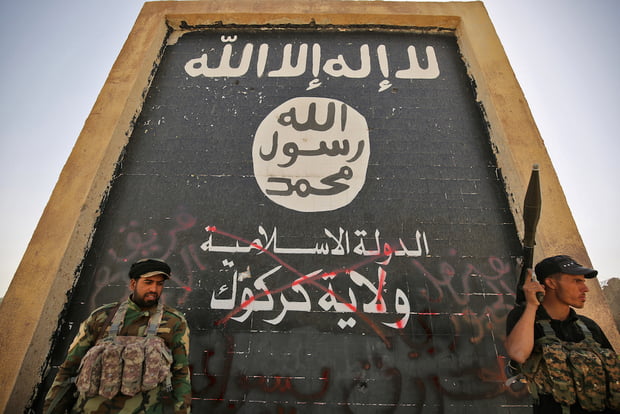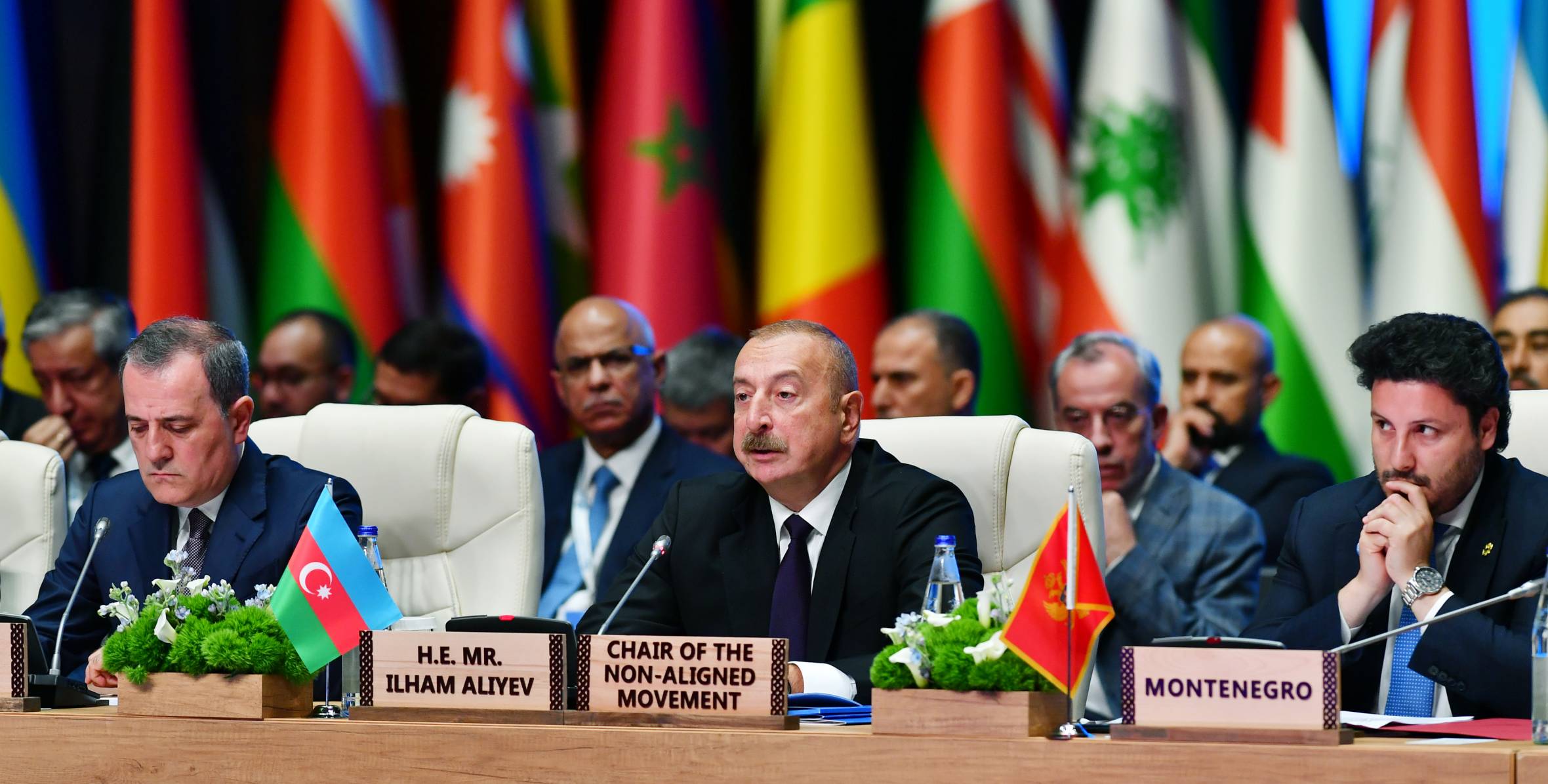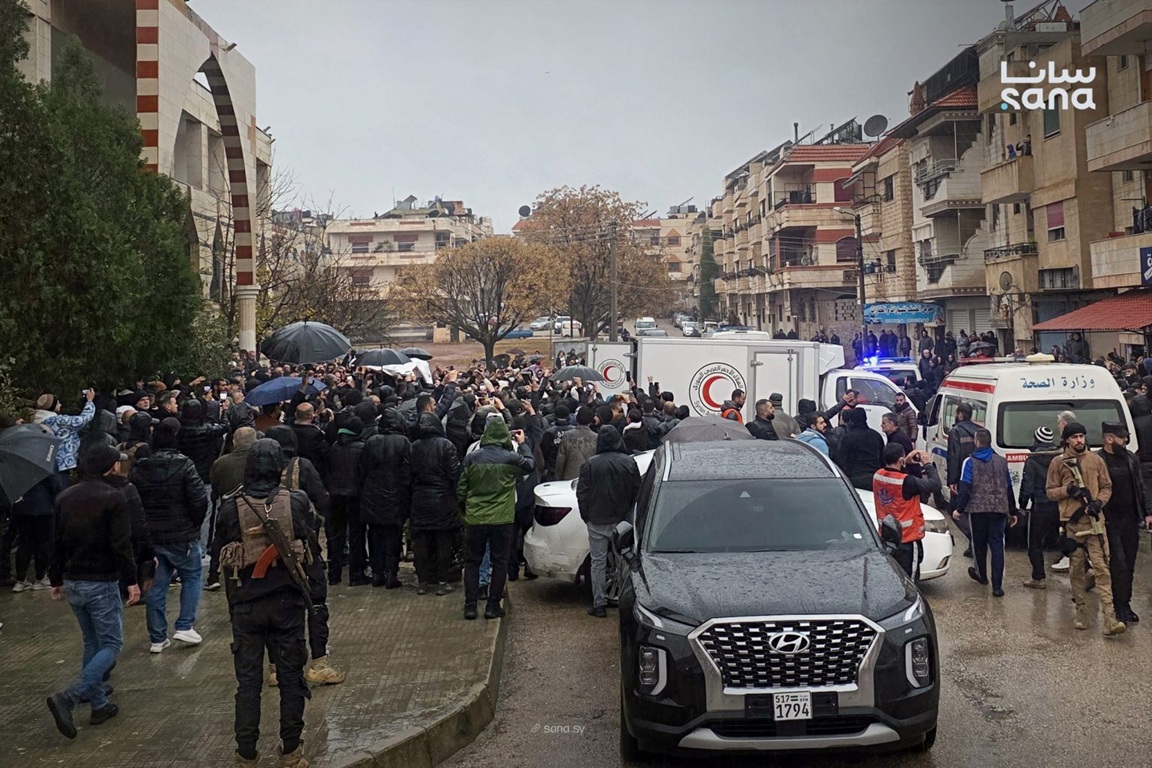
By Areej Zaher*
The retreat of Isis, about a year ago, from eastern Syria and Mosul in Iraq wasn't much of a relief, as a result of its latest attacks on the Swaida governorate in the south west of Syria.
Maybe it's too soon to determine the decisive battle with this organization since terrorism became more like a vicious circle we cannot find its way out.
Despite Isis retreat from cities which were not only under their military control, but also their belief, lifestyle, education and judicature; it wasn't easy for citizens to move on with their ordinary life. Even children who were brought up to Isis ethics in its camps, are trying to restore their balance in a new world where beheadings and extremist chants do not exist. Though people’s faces reflect disbelief, you can sense some kind of faith in their eyes, like finally waking up from a disturbing nightmare. Al Ttabka city in Arraqa governorate, which 40% of it was ruined, is an example of reconstructing; as the new established city council governed by Kurdish militia that have taken all credit for decolonization, has taken serious steps in reconstructing the ruined city.
According to our observation in Syria and Iraq, we can predict the future there. Also not to neglect the major role played by Syrian democratic forces (SDF) fighting Isis and affronting the outrageous Turkish militias intervening in Syrian territories because of the animosity towards Turkey; which was a winning horse for the Syrian regime. However, politics has always taught us there are no favours in politics, but as a matter of fact interests dominate. And perhaps that military force that’s fighting with the regular regime side by side, may one day change its policy in case its demands weren't satisfied, or in case its dream of independence was deterred. And perhaps the city of Afreen in Aleppo governorate north of Syria, was used as a scapegoat to teach the Syrian regime a lesson and not to meet their demands. Thus, Kurds were the prime suspects for letting Afreen under Turkish control.
Maybe the USA was able to banish Isis from the east of Syria when it was only allied with Kurdish forces, or was this just a coincidence. However, American officials admit the fact they are lacking resources and strategies to reconstruct what was ruined in the whole country.
And now we must highlight on the military and security institutions major role within Isis and after it, that's because having a well equipped and well trained army will make a considerable guarantee for achieving and maintaining national unity. Besides making civil peace and wide initiatives to come to a social harmony with every political power, civil society institutions and even religious ones could participate in order to reconstruct what Isis ruined, including infrastructure, and social and human relations affecting the country social structure.
However, the country may face some obstacles in their plans of taking control over liberated areas, and law reinforcement, and controlling over light and intermediate weapons that are used by militias and some clans to fight Isis with army side; lest the spreading of blood crimes against who facilitated the existence of Isis and armed insurrection. There is no doubt that some sleeper cells still remain, which could take government many years to extinguish; which leads us to think thoroughly in how to control terrorism and uproot it from our minds before our lands. And in this occasion we have to mention what is facilitating terrorism that is crystallized in extremist thinking through its doctrines extracted from Salafi Wahhabism. Not to mention taking effective steps to evaporate this kind of thinking among citizens of the country especially youth, throughout censorship over Sharia platforms, or abatement of groupings in religious occasions. Besides blocking TV channels or websites which are broadcasting outrageously their poisons.
In regard to post Isis, we have to highlight the plans in reconstructing the infrastructures and starting development projects in order to get back on track, and going on with economic plans and public services for civilians for a safe return and a decent livelihood.
*Areej Zaher is a Syrian researcher and translator.





